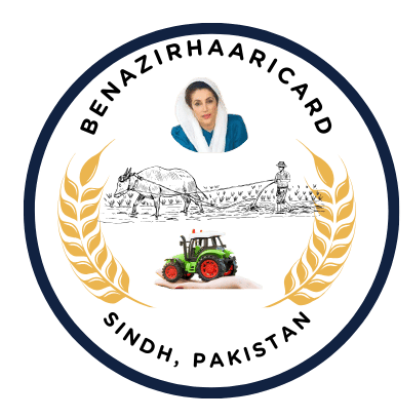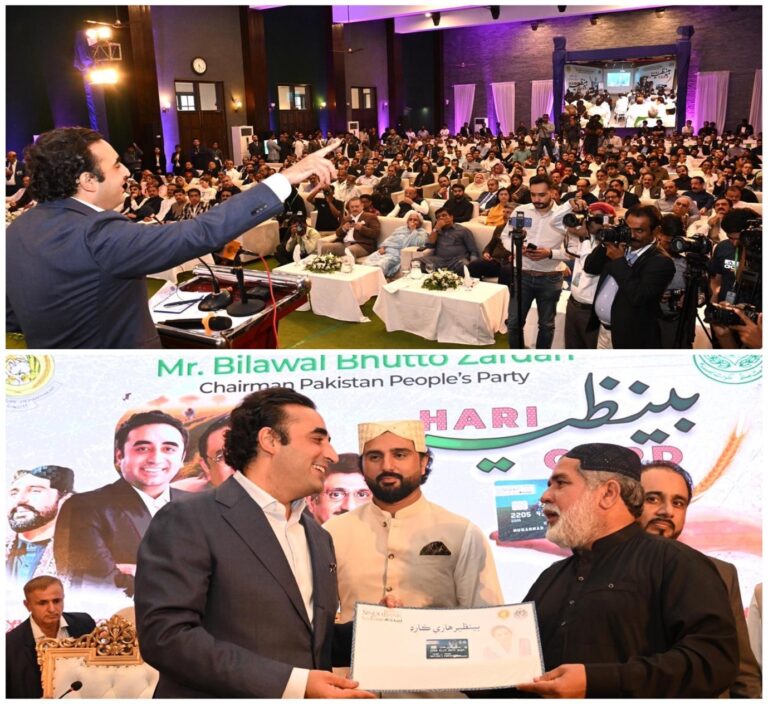Nestlé-BISP Rural Women Sales Program
The collaboration between the public and private sectors for the socioeconomic development of rural women in Pakistan is exemplified by the pioneering Nestlé-BISP Rural Women Sales Program. Launched in 2017, this initiative transforms BISP beneficiaries into empowered entrepreneurs by providing them with training, interest-free microfinance, and supportive infrastructures.
The women’s role as primary registered distributors and sales representative has not only improved their financial independence but also transformed their families and communities. Comprehensive issues of rural women are addressed by this program which helps in achieving sustainable development goals (SDGs) of gender equality, poverty alleviation, and economic growth.
Key Takeaways
Over 1,800 BISP beneficiaries in 24 districts in Pakistan have been enrolled as Sales Agents under the program.
Beneficiaries receive an average monthly income of Rs5,000 to Rs10,000, improving their socioeconomic position.
The program provides a well-defined system for sales and distribution, which enables them to operate as entrepreneurs.
Unlike most development programs, this one addresses the issue of women’s economic exclusion by providing them with financial relief.
The program improves community and family living standards with regard to education, nutrition, and healthcare.
Comprehension of the Nestlé-BISP Rural Women Sales Program
The Nestlé-BISP Rural Women Sales Program is an innovative program aimed at empowering the rural female population of Pakistan. The program was started in 2017 under the Ehsaas Program, where it marketed employment opportunities to BISP.
Origins and Partnerships with the Benazir Income Support Program
The program is a product of a pioneering collaboration between NestléNestlé Pakistan and the BISP. BISP is the largest-scale unconditional cash transfer program in Pakistan aimed at the poorest women belonging to underprivileged societies. This initiative marks a departure from providing basic support and instead, promises sustainable employment support solutions.
Program’s Integration with Ehsaas Initiative
It has been formally integrated into the wider Ehsaas Initiative, the flagship poverty alleviation scheme of Pakistan. With this change, support to aiders and reach were enhanced, enabling the program to become geographically scalable.
Key Objectives for Rural Women Empowerment
The principal objectives are aimed at achieving economic empowerment through skill acquisition and sustainable income generation. This program seeks to shatter the socio-cultural constraints that limit women’s economic engagement and transform BISP beneficiaries into micro-entrepreneurs.
Program Aspect Description
Launch Year 2017
Partnership NestléNestlé Pakistan and BISP
Key Focus: Economic Empowerment of Rural Women
Integration Ehsaas Initiative
Pakistan Rural Women’s Reality
While playing a vital role in agriculture and livestock farming, rural women in Pakistan suffer from a lack of poverty and resources. Of the 220 million people in Pakistan, 65 million women live in rural areas and are working day and night in various capacities.
Socioeconomic Challenges
Around 65 million women living in rural parts of Pakistan face extreme socioeconomic challenges. Women in farming, livestock, and fisheries work as unpaid family labourers, which adds a substantial amount of food to the supply chain.
Traditional Barriers
Women’s lack of mobility and decision-making autonomy due to a basic division of gender leads to barriers to economic engagement. Even lower basic infrastructure erodes women’s accessibility to economic prospects.
The Need For Sustainable Livelihood Opportunities
To effectively break the cycle of poverty, sustainable opportunities are greatly needed. Opportunities should foster transformational advancement towards rural social structures.
Challenges Faced Impact On Rural Women
Limited Access To Education And Healthcare Perpetuates poverty and marginalization.
Levels of Economic Engagement Due to Customary Expectations of Gender Roles
Cuts Opportunities For Independent Financing
Prevents Self-Employment Business Ventures
Nestlé-BISP Rural Women Sales Program Implementation
The program aims to empower women in rural areas by addressing the multi-faceted problems of women entrepreneurs by employing an integrated strategy with three pillars using the Nestlé-BISP Rural Women Sales Program.
Business and Sales Training
This program includes basic business skill instructions such as sales, inventory management, and accounting. Participants will receive training in their native languages, which enhances their chances of mastery and practical application.
Akhuwat Pakistan Sponsored Investment Capital Without Interest
NestléNestlé Pakistan is now partnered with Akhuwat Pakistan to administer loans without interest to participants of the program. This has enabled women to start and/or grow their micro-retail businesses interest-free.
Novel Model of Distribution and Sales Agents
The participants of the program act as sales representatives of the NestléNestlé products at the retail level in their area. The products are brought directly to the doorsteps of the women, and they do not have to pay for the transport, which opens the doorway for the women to run the busyness from their homes. Conclusion: Changing Lives and Societies
The Nestlé-BISP Rural Women Sales Program has given fresh hope to women in rural parts of Pakistan. Not only has the program improved their economic standing by making them sales agents, but their social standing in the families and communities has also been elevated.
The over 1,800 BISP beneficiaries, now active sales agents across the country, epitomize the success of the program. These women are now able to economically support their families and positively contribute to the community as they earn between PKR 5,000 and 10,000 a month on average.
Beyond the monetary benefits, the participants have noted that they are earning much more respect, authority, and decision-making power within their households. Given the alignment of the program on SDGs 3, 5, and 17, it calls attention to the possibility of replication in other case scenarios.
This initiative, as NestléNestlé Pakistan plans to scale the program to 5,000 rural women, promises to make a significant difference to rural communities and lead the fight against gender inequality and poverty in the country.
FAQ’S
What is the main goal of the Nestlé-BISP initiative?
To achieve sustainable and self-sufficient livelihoods, rural women are empowered through sales and business management training, enabling them to financially support their families and contribute to their communities.
What are the benefits of the partnership with Benazir Income Support Program (BISP)?
The partnership with BISP helps the initiative to access a more extensive audience using BISP’s established network of beneficiaries. It promotes a greater impact on gender equality and economic empowerment of women.
What kind of training do the sales agents receive?
The sales agents are trained in sales and business management to empower them to successfully operate their businesses and improve their socioeconomic status.


